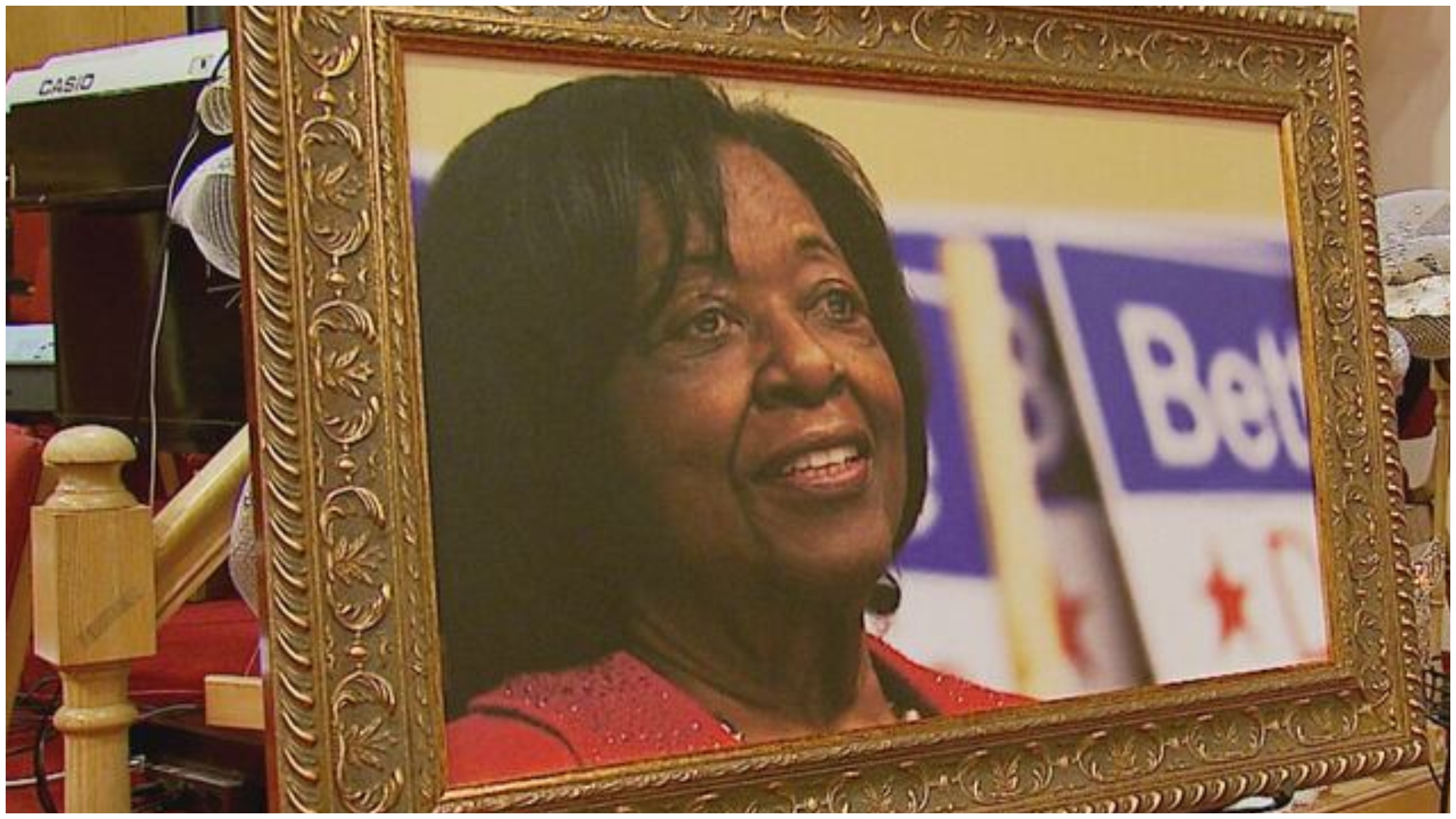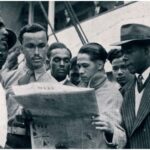Bettye Jean Davis made history when she won election to the Alaska State Senate in 2000. She broke barriers as the first African American to serve in this role, adding to her already impressive career in public service. Known as “the conscience of the Legislature,” Davis spent her life fighting for vulnerable Alaskans through both her political career and community work.
A Trailblazing Political Career in The Last Frontier
Davis served in the Alaska Senate from 2000 through 2013, representing District K. Before that, she was a member of the Alaska House of Representatives from 1991 through 1996, where she represented the fourteenth and twenty-first districts. Her political journey actually began earlier with service on the Anchorage School Board during the 1980s and 1990s.
Throughout her time in office, Davis championed legislation that supported vulnerable populations. She co-sponsored bills with Representative Sharon M. Cissna that focused on the needs of Alaska’s aging adults. This advocacy earned her the nickname “the conscience of the Legislature” among her peers and constituents.
Fighting for Senior Care and Social Services
After a 2004 bipartisan legislative hearing called “Aging Adults: Is there room for us in Alaska,” Davis took action. The hearing collected testimony from hundreds of aging Alaskans, their families, and caregivers about the challenges they faced.
As a result, Davis helped develop the SeniorCare program in 2004. This initiative provided prescription drug relief following cuts to the Alaska Longevity Bonus program and before the Federal Medicare prescription drug program began in 2006. Her work also led to 39 recommendations for improving senior services across organizational effectiveness, program development, program integrity, research, education, and funding.
From Louisiana Roots to Alaska Leadership
Born on May 17, 1938, in Homer, Louisiana to Daniel and Rosyland Ivory, Davis built a strong educational foundation before moving north. She graduated from Elliott High School in Bernice, Louisiana in 1956 and earned her nursing degree from Saint Anthony College of Nursing in 1961.
Davis later completed her bachelor’s degree in social work from Grambling State University in 1972. After moving to Alaska, she continued her education with graduate studies in social work at the University of Alaska Anchorage. These educational experiences shaped her future advocacy work.
Community Leadership Beyond Political Office
For over 45 years, Davis called Anchorage home. She was an active member of the Shiloh Missionary Baptist Church and served on the NAACP Anchorage branch board of directors for four years (1978-1982). Her community involvement extended well beyond her political roles.
After losing her Senate seat in the 2012 general election to Anna Fairclough, Davis returned to the Anchorage School Board in April 2013. This demonstrated her ongoing commitment to education and public service even after her time in the legislature ended.
A Legacy That Lives On
Though Davis passed away at her home in Anchorage on December 2, 2018, at age 80, her impact continues to shape Alaska. In 2010, she was inducted into the Alaska Women’s Hall of Fame, recognizing her pioneering contributions to the state.
In July 2020, East Anchorage High School was renamed Bettye Davis East Anchorage High School in her honor. Her profile was also featured in the Anchorage Museum’s “Extra Tough: Women of the North” exhibit that same year, celebrating her role in shaping Alaska’s political landscape.
Awards and Recognition for a Lifetime of Service
Throughout her career, Davis received numerous honors for her public service. Governor Tony Knowles appointed her to the State Board of Education in 1998, acknowledging her dedication to educational issues. In 2010, she received both the Pioneer Woman of the Year Award and the Celebrate Liberty Award from the Alaska Civil Liberties Union.
These recognitions highlight how Davis’s work transcended party politics. She focused on practical solutions to real problems facing Alaskans, particularly those in vulnerable populations. Her legacy reminds us of the power of dedicated public service and breaking barriers.





